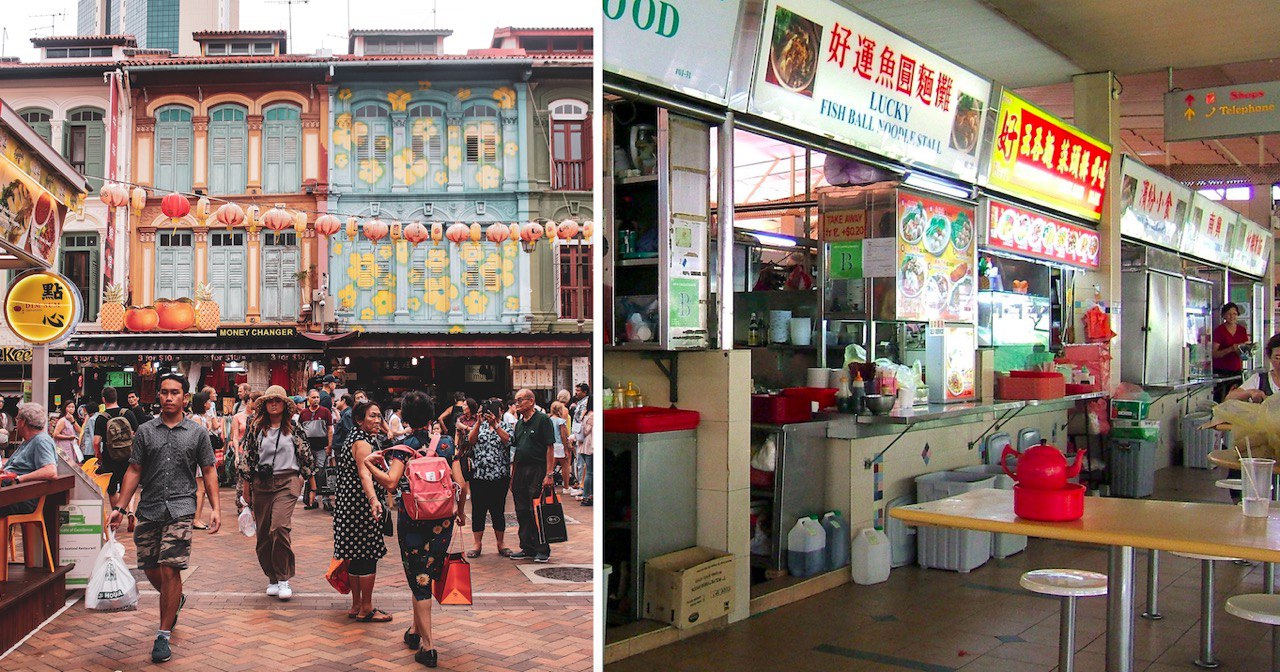A new taskforce has been set up to instill a "keep Singapore clean" culture and to go beyond the Covid-19 outbreak.
This was announced the Ministry of Health (MOH) and the Ministry of the Environment and Water Resources (MEWR) in a press conference on Mar. 6, 2020.
Chaired by environment minister Masagos Zulkifli, the SG Clean Taskforce is set up under the purview of the Multi-Ministry Taskforce (MTF) on Covid-19.
It will galvanise the nation to do the following:
- Ensure the cleanliness of public spaces
- Encourage good personal hygiene
- Adjust social norms to reduce the spread of diseases
Ensure the cleanliness of public spaces
Premise owners and members of the public will have to maintain high standards of cleanliness and users have to use the spaces responsibly.
The SG Clean campaign has been launched on Feb. 16, 2020.
The important component of the campaign is the SG Clean quality mark, which serves as a premise-based sanitation and hygiene indicator.
The SG Clean quality mark requires organisations to commit to sector-specific sanitation and hygiene checklists to safeguard public health in Singapore.
The National Environment Agency and the Singapore Food Agency have been working with hawker centres and coffee shops to be part of the SG Clean quality mark certification programme.
To date, 1,907 hawker and market stalls, and 345 coffee shop stalls have been awarded the SG Clean quality mark.
In addition, 13 hawker centres and 49 coffee shops have also been awarded.
Other sectors such as retail, hospitality, transport nodes, educational institutions and preeschool will also be part of the certification programme.
NEA aims to roll out the SG Clean certification programme to premises with high human traffic and more vulnerable segments of the population by the end of 2020.
MEWR will make amendments to the Environmental Public Health Act in the later part of 2020.
Mandatory cleaning standards will also be introduced, including a regime for pro-active routine cleaning and disinfection at prescribed frequencies.
These include standards for public cleanliness such as
- frequency of cleaning and disinfection of high contact areas, in particular toilets
- pest management, including a mosquito control regime and
- back-of-house waste management such as bin centres
Premise managers will face greater accountability as they will be required to submit and implement an environmental sanitation programme, and remedy any lapses in public cleanliness on their premises.
They will also be required to appoint a trained designated person to assist them to develop and implement the environmental sanitation programme.
NEA will work to progressively implement the new requirements from 2021 at preschools, schools, eldercare facilities and hawker centres, starting with higher-risk premises with high footfall and immuno-vulnerable occupants.
Adopting good personal habits
The National Environment Agency has been encouraging "seven habits of good public hygiene", including frequent hand-washing and using a tissue when sneezing or coughing.
Another habit includes keeping public toilets clean and dry, which will help in reducing the spread of diseases and viruses such as Covid-19 and dengue within the community.
Adjusting social norms
The SG Clean Taskforce will encourage people to use serving spoons when sharing food, to eat from and return trays when dining out, and to keep their tables clean.
Eating from trays prevents food from dropping on the table, Masagos explained.
Used tissues should not be left to the cleaners, as the tissues are biohazards, the minister said.
During this period, many have refrained from shaking hands, the release added, as it is "necessary" to make such adjustments to social norms to help prevent community spread of Covid-19.
Top image via shankar s. on Flickr, Ilham Wicaksono on Unsplash
If you like what you read, follow us on Facebook, Instagram, Twitter and Telegram to get the latest updates.
